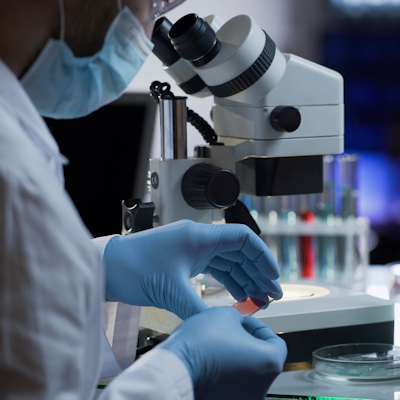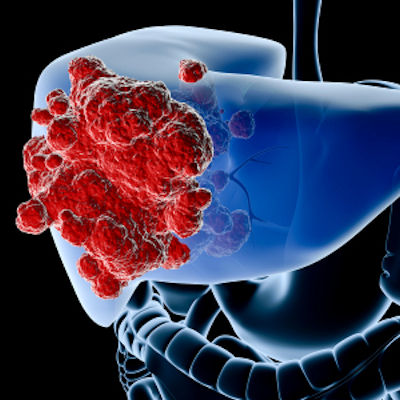October 24, 2022 -- University of California, San Francisco (UCSF) scientists have investigated a sex-differentiated evolutionary pathway that regulates lipids, storing fat in the liver in males while releasing it into the bloodstream in females. Their research on mice, which appears October 20 in the journal Science, has relevance for 25% of Americans affected by fatty liver disease -- predominantly men and menopausal women.
Researchers found that male mice were three times more likely than females to survive bacterial Escherichia coli infection. Females developed hyperlipidemia, or high cholesterol, also seen in severely septic humans.
There were also sex differences in response to overeating. When fed high-fat food, male mice developed fatty liver and glucose intolerance, but females did not. The team identified a transcription factor, BCL6, which is more abundant in male mice and prevents fat breakdown in the liver. Deleting the BCL6 gene eliminated liver fat in males, along with their ability to survive infection.
The scientists also examined how BCL6 affected gene expression in the liver. This process, likely regulated by testosterone, begins at puberty when males' pituitary glands begin secreting growth hormone in intermittent bursts. When researchers infused male mice continuously with growth hormone, as it is secreted in females, BCL6 disappeared from their livers, along with the ability to fight E. coli infection. The results point to growth hormone as a potential therapy for fatty liver disease.
"Scientists have only recently started to understand there are these profound differences between males and females," Holly Ingraham, PhD, Herzstein Professor of Molecular Physiology at UCSF and co-senior author of the study, said in a statement. "Understanding these differences is going to be the key to unlocking therapeutics for sex-biased diseases. Fatty liver is one example."
Copyright © 2022 scienceboard.net









